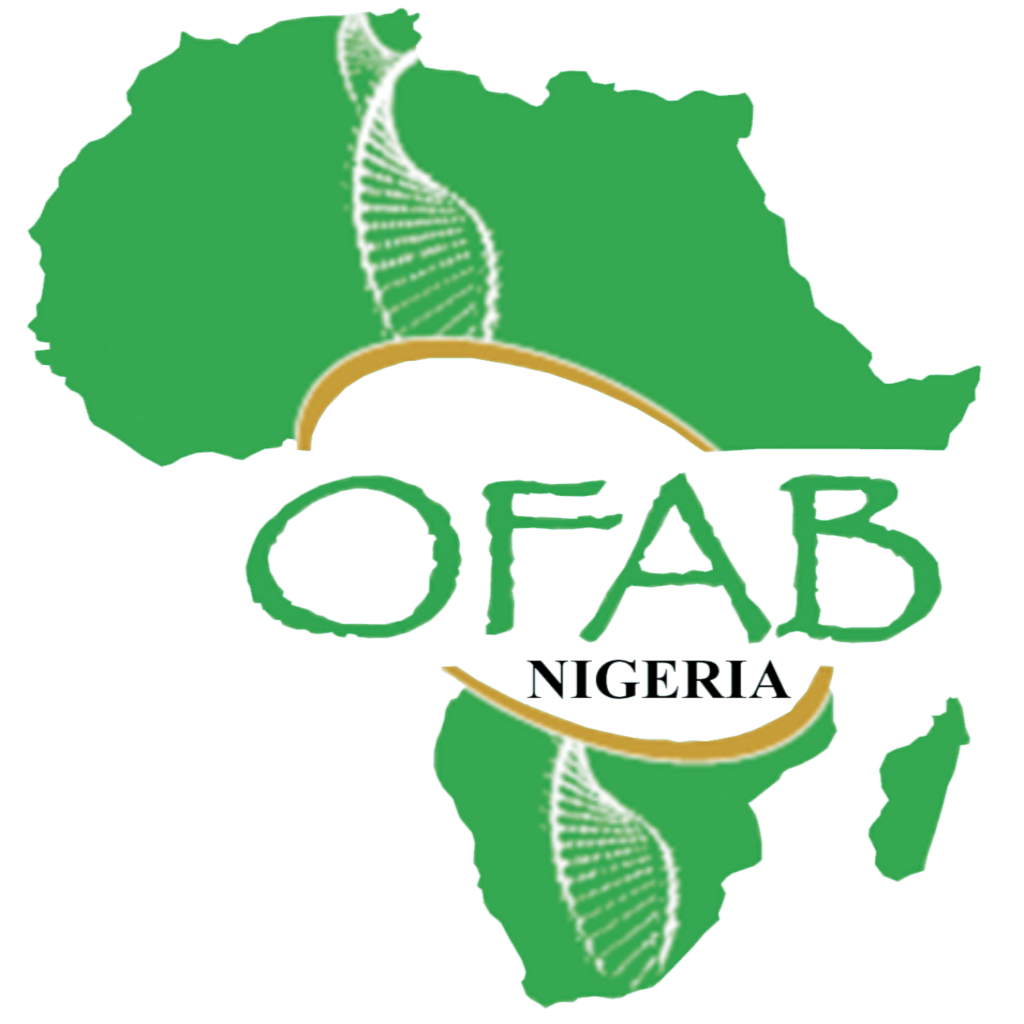

Bioactive ingredients play key roles in supporting the human immune system. Both the Severe Acute Respiratory Syndrome (SARS-CoV) and the Middle East Respiratory Syndrome (MERS), all of which were the well-known outbreaks of the last twenty years have similar characteristics with the novel COVID-19 pandemic; they are all diseases of the lower respiratory tract with a similar clinical presentation at their early stages of infection leading to significant mortality of those with compromised immune system, more especially the older people. Functional foods, otherwise known as nutraceuticals, have been known to boost immune system and thereby fight off viral infections and other diseases. For example, findings from scientific study conducted by Das (2020) has shown that the intravenous or oral administration of bioactive lipids, including arachidonic acid, may facilitate the resistance to- and recovery from- deadly viral infections such as the SARS-CoV-2, SARS, and MERS infections. The COVID-19 main protease (Mpro), the enzyme that has been considered as one of the key potential therapeutic drug targets in the metabolic pathway of the novel coronavirus, have been shown to be effectively inhibited by natural polyphenols such as the hesperidin and rutin bioactive molecules.
Though dietary supplementation with multi-vitamins, bioactive lipids, flavonoids and herbs may be a tool to support the human immune system against COVID19, such nutrient-dense foods are often not accessible by the poor and rural inhabitants due to cost and ignorance. The deployment of biotechnology tools can enable farmers engineer plants, most especially, staple crops such as rice, corn, cassava and others to express such vital micronutrients that are necessary to boost the immune system while also reducing cost and making it available to everyone.
- Reference
- You may Cite this article as: Rose S.M. Gidado and Abraham Isah (2020). Curbing COVID-19 Pandemic in Nigeria: Analysing the Role of Plants Genetic Modification in Boosting Immunity Against Infectious Diseases. OFAB Nigeria Policy Brief 072020-2
- A publication of Open Forum on Agricultural Biotechnology in Africa, Nigeria Chapter,
- Address: Umar Musa Yar’adua Way, Lugbe, P.M.B 5118, Wuse, Abuja, Federal Capital Territory
- Telephone: +2348033549777 (WhatsApp) // +2348073557759
- Email: ofabnigeria@gmail.com // nabdamail@yahoo.co.uk

